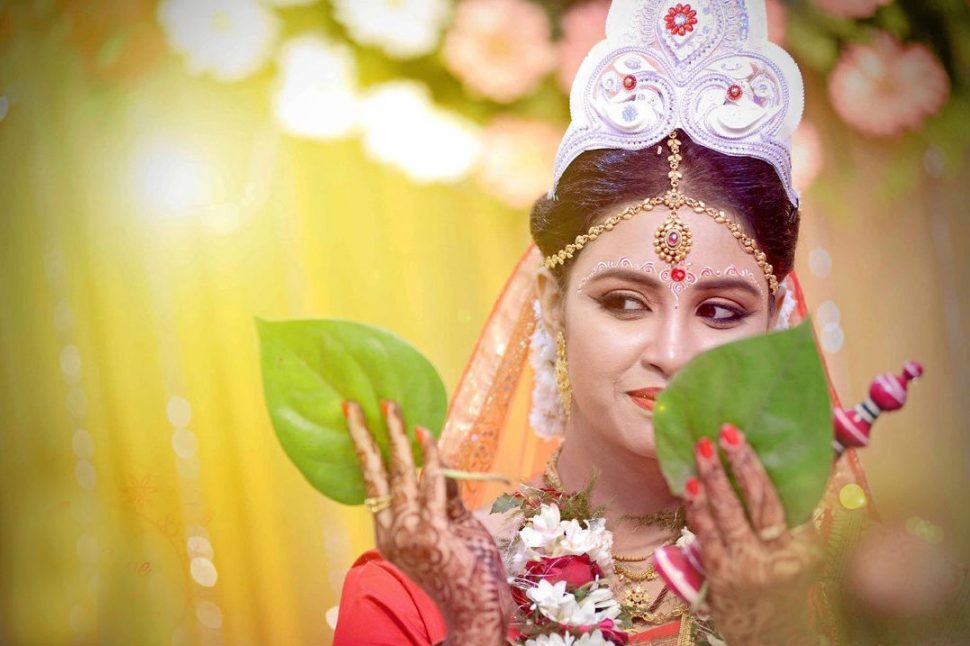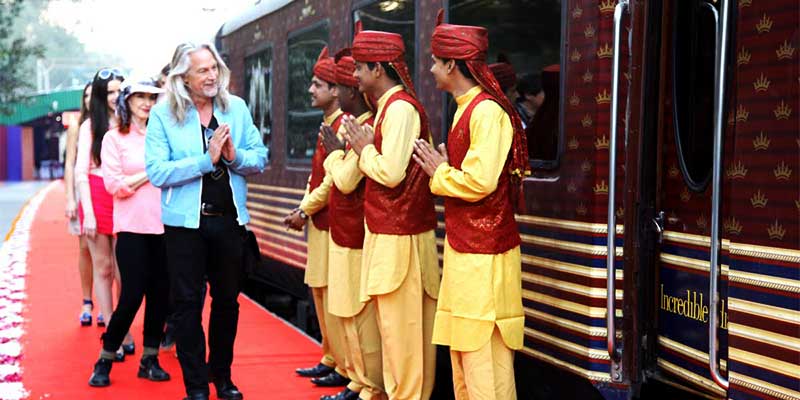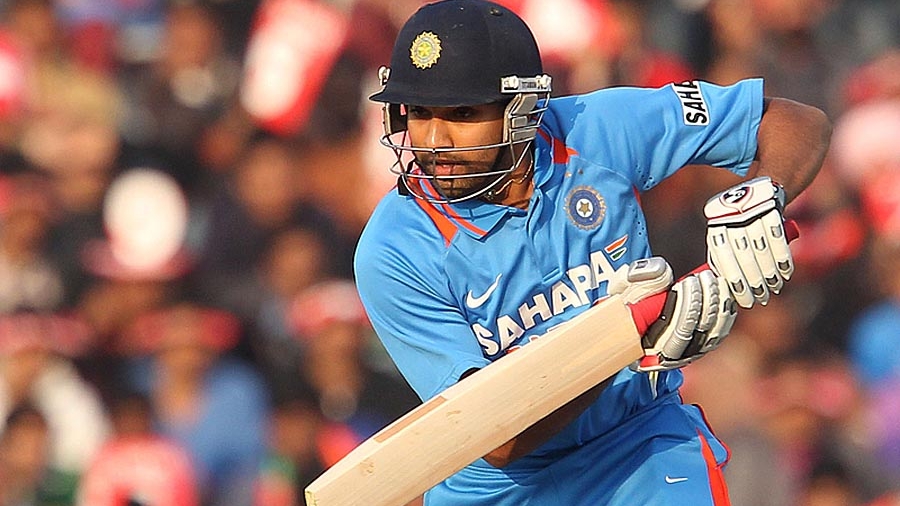Bengali culture is not just draping in red bordered white saree, dhuti Panjabi, rosogolla and Durga puja, it is the melting pot of different cultures.
West Bengal is one of the most culturally prosperous state in India. Present diversity in the state has its deep roots in the History of India. As a province Bengal kept on shuffling in-between the hands of various rulers; exposing itself to different cultures. It has inherited genetic excellence, taste of art and literature and rich Bengali culture, which is a perfect blend of tradition with modernity. So, you’ve Bengalis savoring aluposto with equal delight as they drool for biriyani.
Gokhale once said, “What Bengal thinks today, India thinks tomorrow” though the present scenario has different story to tell, but Bengalis can truly boast of its rich cultural heritage forever.

Bengali culture gives the state its uniqueness it possesses. Heritage in its music, cinema, theatre and specially literature gives the state its signature identity. Bengalis not only have a significant contribution in the reform movements, but it is also the first clan to experience the cosmopolitan culture in India. A state which still witnesses rickshaw pullers, tram and metro on the same land. You will still find eighty years mother waiting for her sixty years “khokonshona” to come back home in some Bengali households even today. Where mutton with rice is fixed menu for every Sunday.
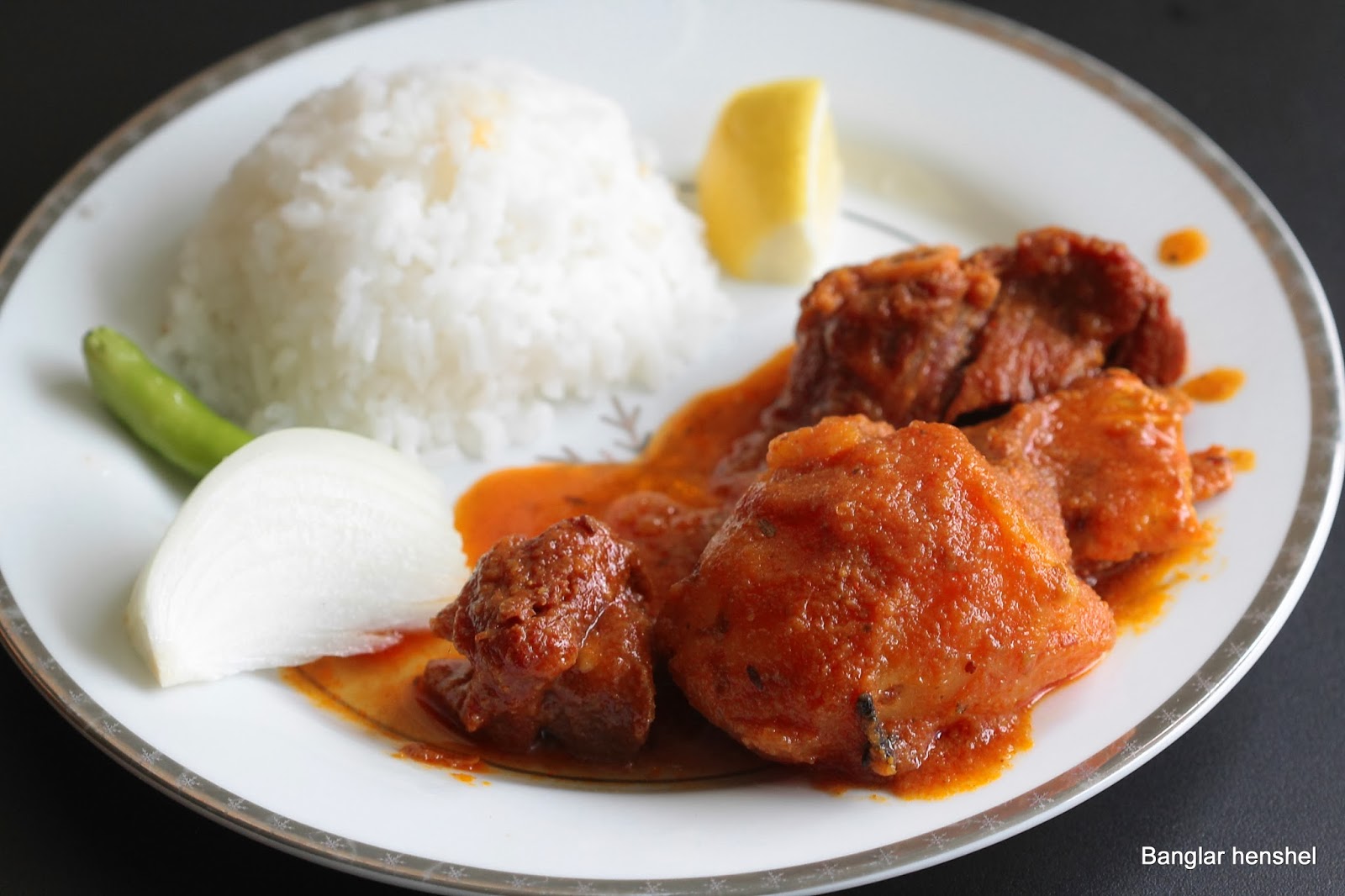
Outside home the great Coffee House, immortalized by Manna Dey in his song “coffee houser sei adda ta aajaarnei, aajaarnei!” and “chai ertheq” still witnesses the hot political debates over a cup of coffee or tea amongst the University students. Victoria Memorial garden beholds the secrets of the lovers even today, banks of Hooghly still laments the loss of the loved ones. View of Kanchanjunga from the Tiger Hill of Darjeeling still experiences thousands of foot falls every season. The delta of Sundarbans has the roaring Royal Begal Tiger send chills to your spine.
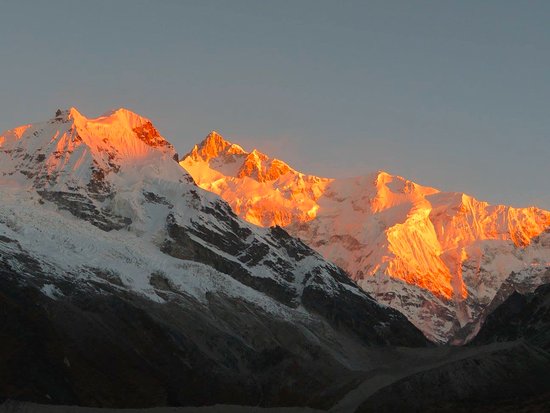
Amidst all these beauties, you find the essence of life with different taste, when you witness and interact with the tribes of Bengal. You’ve bauls, santhals, bhutiyas to name a few. Their festivals, fairs and songs & dances are truly a treasure for an ethnic group. That’s why it is said that Bengali is a culture to be treasured.
Other than these when you dive deep into this culture, which has proved itself to be the philosophy of life, you will have green fields of rice and wheat telling the stories of the farmers who wait for the rain to nurture the saplings sowed in the fields. When they reap the crops, they celebrate it with nabanna festival. All mouthwatering delicacies prepared from new-rice (nabanna).
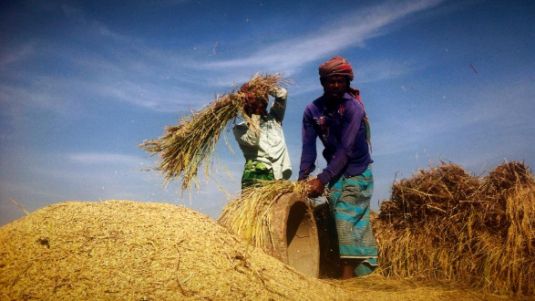
Each Bengali month has an occasion stored in it, a colloquial saying is there’ “baromasheteroparbon”. Apart from Durga Puja which is observed with great pomp and show all over the state, you have local occasions as per the ethnic groups residing in different provinces. If there is no puja or celebration, then you have fairs, “biye-baribhoj”, upanayana and annaprashan, .Chhou-naach to Rabindra-sangeet all dwell under the same sky in harmony. A Bengali is never tired of any occasion. With their typical happy go lucky nature, you will find an ever smiling Bangalee in all sphere.
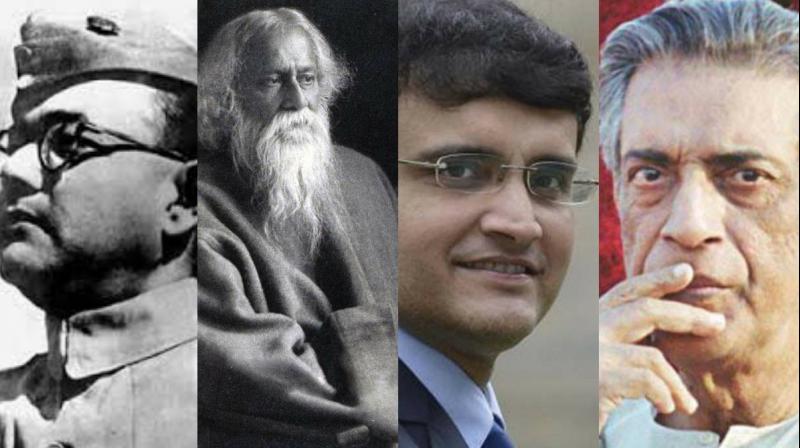
You’ve happy bickering over Mohunbagan& East Bengal, Ghoti vs Bangal, Illish vs Chingri, tant vs silk, chop vs peyaazi, fuchka vs roll and what not. This culture is a world in itself.
Nobel Laureate Rabindranath Tagore, first Oscar winner from India Satyajit Ray, great reformer Netaji Subhas Chandra Bose, youth icon Swami Vivekananda whose remarkable speech in Chicago created the identity of India are the proud sons of Bengal to name a few. This list continues with Sarath Chandra Chhattopadhyay, J.C Bose, RamkrishnaParamhansa Dev, Manna Dey few more jewels in the list.
Most of the Bengalis believe in empowering their daughters, rather than paying dowry in her marriage, though you have sad stories, but there are brave ones too. Ishwar Chandra Vidyasagar one of the eminent reformist who started widow remarriage and gave a new lease of life to the young girls and women.
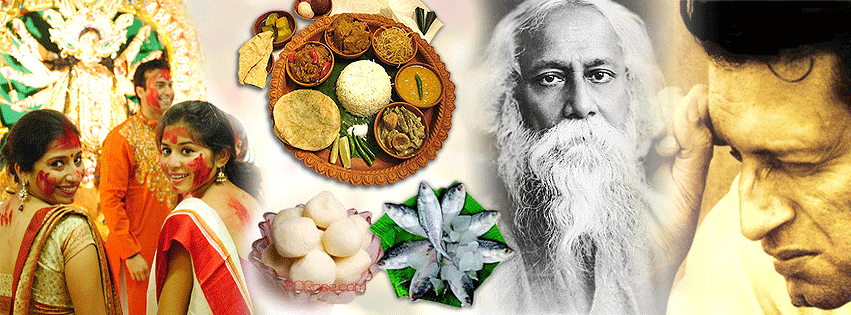
Various religion and ethnic groups have mingled on this land like a salad bowl, which beholds their individuality but gives unique taste and true essence of life. So, it would be wrong to associate only Rosogolla with Bengali culture, because you’ve a never-ending list to count on and associate with one of the richest culture.
A baul singing his own tune with the ektara or a shepherd playing the flute in hot summer afternoon is a divine experience one can go through, if they visit the countryside of the state. Here culture is the means of life and definition of existence. Bengali is indeed a culture to be treasured.
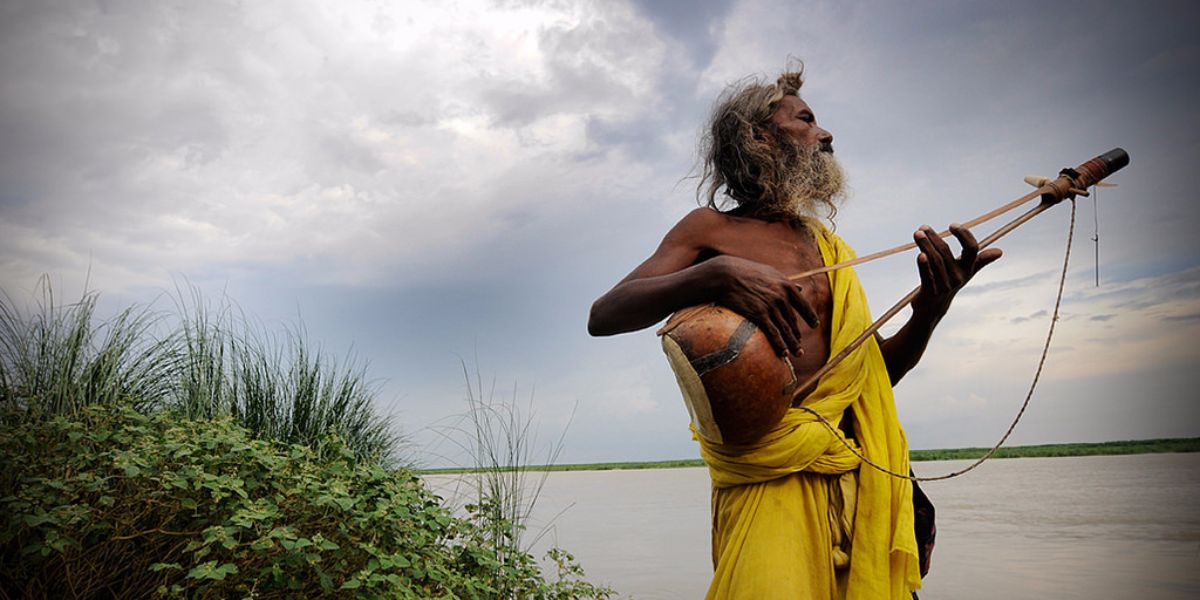
You all are welcome to Bengali culture with a warm smile and a pleasant “nomoskar”.

